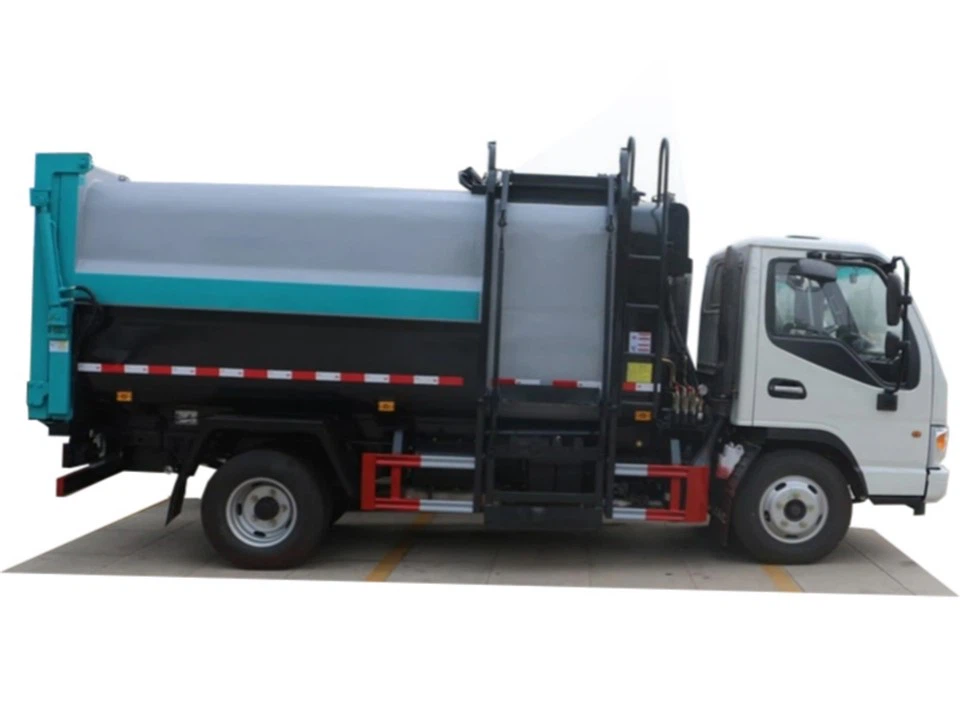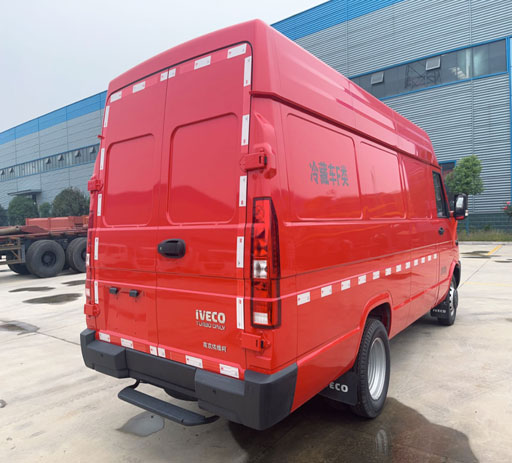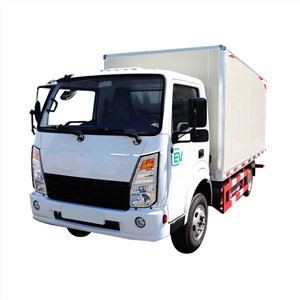Vactor Trucks: The Comprehensive Guide to Understanding and Utilizing Vacuum Excavation Technology

Vactor trucks, known for their multifunctional capabilities, are essential vehicles in the excavation and maintenance industries. These technologically advanced machines are designed for efficient and effective removal of debris, sludge, and other materials, making them invaluable for municipalities, construction companies, and utility services. In this article, we will explore the intricacies of vactor trucks, including their operation, various applications, maintenance tips, and more.
What are Vactor Trucks?
Vactor trucks, also referred to as vacuum trucks or combination trucks, are specialized vehicles designed for vacuum excavation and hydrovac services. These trucks utilize a powerful vacuum system to suck up debris and waste materials from a variety of environments, such as construction sites, sewer systems, and industrial facilities.
The Mechanism Behind Vactor Trucks

The core components of a vactor truck include:
- Vacuum System: Generates suction to pull materials into the truck.
- Waste Tank: Stores collected debris and liquids.
- Water Jet System: Uses high-pressure water jets to aid in cutting and breaking up materials.
- Hoses and Accessories: Flexible hoses for suction and discharge, along with various attachments for specific tasks.
Types of Vactor Trucks
1. Combination Trucks
Combination trucks combine both vacuum and hydro jetting capabilities, making them versatile for a range of tasks.
2. Vacuum Trucks
These trucks focus primarily on vacuuming and are often used for waste collection and industrial cleaning.
3. Hydro Excavation Trucks
Designed specifically for hydro excavation, these trucks use high-pressure water for excavation purposes, reducing the risk of damaging underground utilities.
Applications of Vactor Trucks
1. Sewer Cleaning and Maintenance
Vactor trucks are extensively used for cleaning sewer lines, removing blockages, and performing routine maintenance. This helps to prevent backups and overflows that can lead to serious sanitation issues.
2. Utility Excavation
Utility companies employ vactor trucks to safely excavate around buried lines and cables. The non-destructive method of hydro excavation minimizes the risk of damaging existing infrastructure.
3. Construction Sites
In construction, vactor trucks are utilized for site preparation, such as excavating for foundations or removing excess dirt and debris.
Example of Construction Use
During a major construction project, a vactor truck was used to expose underground drainage systems without damaging them. The high-precision water jet assisted in revealing the layout of pipes accurately.
4. Environmental Cleanup
Vactor trucks assist in environmental cleanup operations, such as oil spills or hazardous waste removal, ensuring safe and thorough material extraction.
How Vactor Trucks Work
Understanding how vactor trucks work can help operators maximize their efficiency. The key processes include:
1. Vacuuming Process
The vacuum pump creates a difference in air pressure, allowing waste materials to be sucked into the tank via a hose. Operators can adjust the suction pressure depending on the type of material being collected.

2. Hydrovac Excavation Process
The hydrovac system employs high-pressure water to break up soil and other materials, which are then drawn into the tank. This process is often referred to as “soft excavation,” significantly reducing the risk of damaging underground utilities.
Maintenance and Care for Vactor Trucks
1. Regular Inspections
Regular inspections are essential to ensure the safety and functionality of vactor trucks. Checks should include the vacuum hoses, tank integrity, pumps, and hydraulic systems.
2. Proper Cleaning Procedures
After use, it is crucial to clean the tank and hoses to prevent clogs and corrosion. Operators should follow manufacturer guidelines for cleaning.
3. Fluid Checks
Regularly check the hydraulic and engine oils, as well as coolant fluids. Maintaining proper fluid levels is vital for the truck’s operation.
Choosing the Right Vactor Truck
When selecting a vactor truck, consider the following factors:
1. Size and Capacity
The truck’s size should match the expected workload. Larger tanks can handle more waste but may be less maneuverable.
2. Engine Power
Ensure that the engine power is adequate for the tasks you plan to perform, especially for heavy-duty applications.
3. Versatility
Look for features that enhance versatility, such as adjustable suction power or the ability to switch between vacuuming and hydrovac functions.
Cost Considerations for Vactor Trucks
| Type of Truck | Average Price | Maintenance Costs (Annual) |
|---|---|---|
| Combination Truck | $300,000 – $600,000 | $15,000 – $30,000 |
| Vacuum Truck | $250,000 – $500,000 | $10,000 – $25,000 |
| Hydro Excavation Truck | $350,000 – $750,000 | $20,000 – $35,000 |
Safety Practices when Operating Vactor Trucks
1. Personal Protective Equipment (PPE)
Operators should wear appropriate PPE, including gloves, goggles, and safety vests, to minimize the risk of injury.
2. Training and Experience
Proper training is essential for operators to understand the mechanics of vactor trucks and related safety protocols.
3. Situational Awareness

Always be aware of the surrounding environment and potential hazards, especially when working near traffic or in confined spaces.
Future Trends in Vactor Truck Technology
1. Electric Vactor Trucks
As environmental concerns rise, electric vactor trucks may become more prevalent, offering lower emissions and operating costs.
2. Enhanced Automation and Control Systems
Future models may feature improved automation, allowing for more precise operation and easier handling during complex tasks.
3. Data Integration
Advanced vactor trucks may integrate data tracking systems for real-time monitoring and analysis of operations, enhancing maintenance schedules and service efficiency.
FAQs About Vactor Trucks
1. What is the primary use of a vactor truck?
The primary use of a vactor truck is to remove waste materials and debris through suction, often utilized in sewer cleaning, excavation, and environmental cleanup.
2. How does a hydrovac system work?
A hydrovac system uses high-pressure water to break up soil before it is sucked into the truck’s waste tank via a vacuum system.
3. What are the safety requirements for operating a vactor truck?
Operators must wear PPE, receive proper training, and maintain vigilance regarding environmental hazards and safety protocols.
4. How often should vactor trucks be serviced?
Regular inspections should be conducted, and maintenance typically occurs annually or based on usage, whichever comes first.
5. Can vactor trucks be used in residential settings?
Yes, vactor trucks can be used in residential areas for sewer line cleaning or when performing utility repairs without disrupting the environment.
6. What factors affect the cost of purchasing a vactor truck?
The factors affecting the cost include truck type, size, engine power, and any additional features that enhance functionality and versatility.
